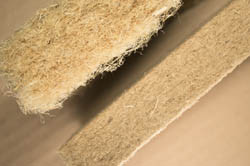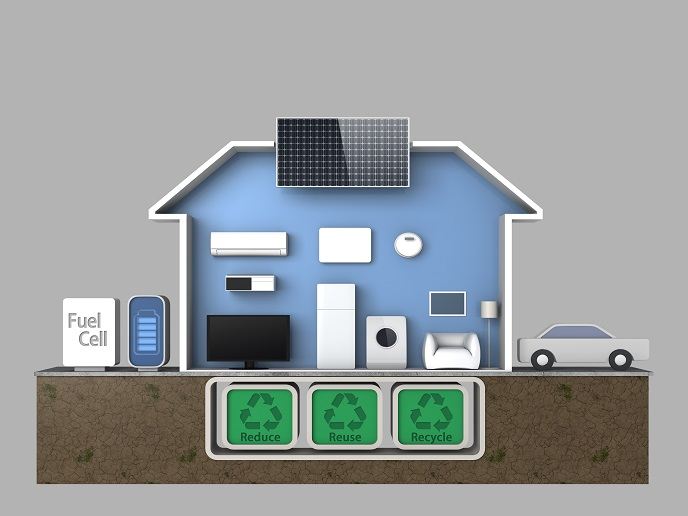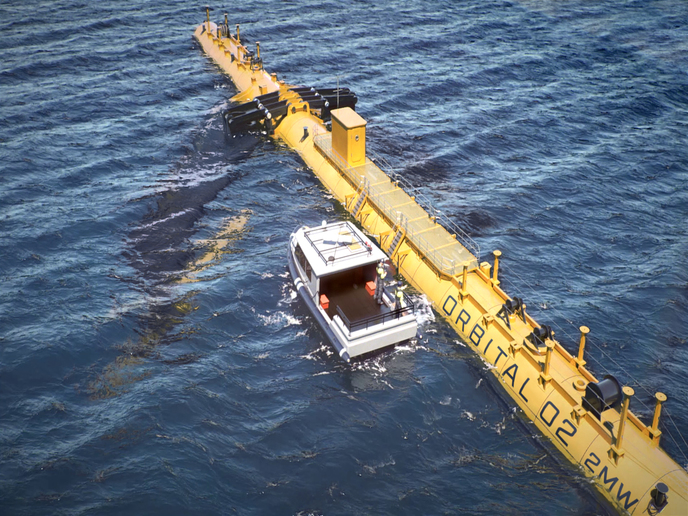All-natural fibre-reinforced composites
Fibre-reinforced composite materials have become ubiquitous. Their properties, including very high strength and low weight, have made them attractive in numerous applications such as transport, aerospace and construction. However, synthetic polymers reinforced with man-made fibres lack sustainability. They come from petroleum-based products, processing consumes great amounts of energy and relies on volatile solvents, and the products are not degradable or recyclable. The EU-funded project NANOCELLUCOMP exploited cellulose nanofibres from vegetable food waste and bio-derived matrix materials with the goal of producing a 100 % natural alternative to conventional materials. In order to do so, they overcame important challenges. These were related to enzymatic liberation of nanocellulose from waste vegetable streams, fibril alignment without agglomeration and with cross-linking, and macro-scale fibre production. NANOCELLUCOMP made important advances regarding a 100 % natural fibre-reinforced composite. Researchers identified the means to process nanocellulose from vegetables and enhanced understanding of necessary steps to improve mechanical properties. The materials produced within the project are compatible with existing manufacturing processes ensuring low capital investment and low-cost production. Further, for applications in which superior mechanical performance is not critical, substantial savings in energy and material usage can be expected. Very few patents exist on technologies related to those covered within the project reflecting the novelty of the approach. The team has submitted one patent application and two more are likely to follow. Scientists spread the word about the project's goals and progress online, and through presentations, newsletters and media briefs. Two project workshops were organised, one internal to partners and one at the largest composites trade show in Europe. The consortium also engaged industrial end users and other interested industrial organisations. Replacing petroleum-based composites and hazardous processing chemicals with eco-friendly manufacturing of 100 % natural biocomposites will have obvious benefits for end users and the environment. Ensuring low-cost production with conventional procedures will make it an attractive alternative for EU plastics manufacturers as well.







